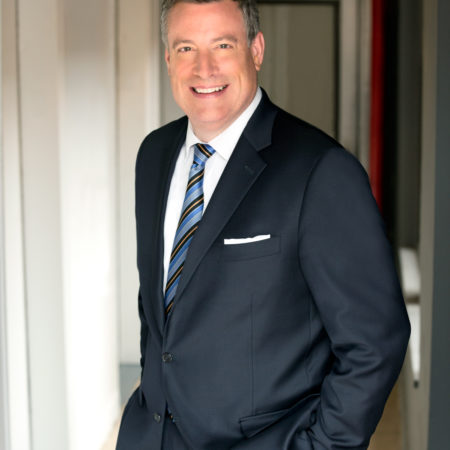This week, Ketchum President Rob Flaherty is attending the annual meeting of the World Economic Forum — which brings together 2,500 CEOs and government leaders in Davos, Switzerland — and is reporting his observations. On Jan. 31, he will host a special webinar open to the public, “Davos 2011: An Insider’s Guide to Key Insights,” in which he will recap his experiences.
I can report that “Miracle on the Hudson” pilot Captain Chesley “Sully” Sullenberger has made as smooth a landing into the role of leadership guru as he did on New York’s icy river two years ago.
Sullenberger in person is as reserved and disciplined as you’ve seen in interviews, but even more calm and dignified. The sense you get is that he knows he has unintentionally been thrust into the role of hero and role model, and now he has to live up to all of our rather high expectations for wisdom and integrity.
He didn’t disappoint. His appearance in Davos — at an understatement of a session called “Leadership Under Pressure” — was preceded by the previously confidential audio of the air traffic control conversation from takeoff to “landing” a few minutes later. It was literally breathtaking. (Did you know that he and his copilot had never flown together until that day?)
He then held a relatively small Davos audience spellbound for 30 minutes telling the story and its lessons in a controlled cadence.
Sullenberger graduated from the Air Force Academy and was a fighter pilot and a commercial pilot for 30 years. When he delivers advice, it comes with the confidence and assertiveness of a former military man and is delivered with objective precision.
Here’s a quick summary of his advice to handle a very high pressure situation, based on what he did that day to save 155 lives:
- Force calm. Captain Sullenberger “forced himself to be calm,” which is certainly easier said than done. How he did that was to immediately compartmentalize his thinking, focusing entirely and only on the decisions he needed to make to land the plane after the bird strike that shut down both engines.
- Improvise a plan based on parts of existing plans. With dry delivery, Sullenberger revealed that he “had not landed a plane in a river before.” So what plan do you follow? He instantly patched together parts of plans that, in aggregate, were the best response to the unprecedented situation. Smart advice for all of us facing the unexpected: innovate a plan, yet base it on a composite of plans for the more expected events with which you have more experience.
- Do the highest priority tasks first. He said he “thought of nothing else” than landing the plane. This would be the moment in which I knew he was, let’s say, above average. But the lesson for all of us is to rapidly focus on the problem and tune out the noise.
- Take personal control. A fact I did not know: Jeff Skiles, his copilot (who Sullenberger praised repeatedly for his judgment) had very little experience, if any, on this particular aircraft. Sullenberger had thousands of hours — “time on type” as they call it in aviation — on the A320. So he very decisively said he had control. He also took control because of the obvious lesson for us: clarity of leadership early — based on relevant experience — is essential to success.



